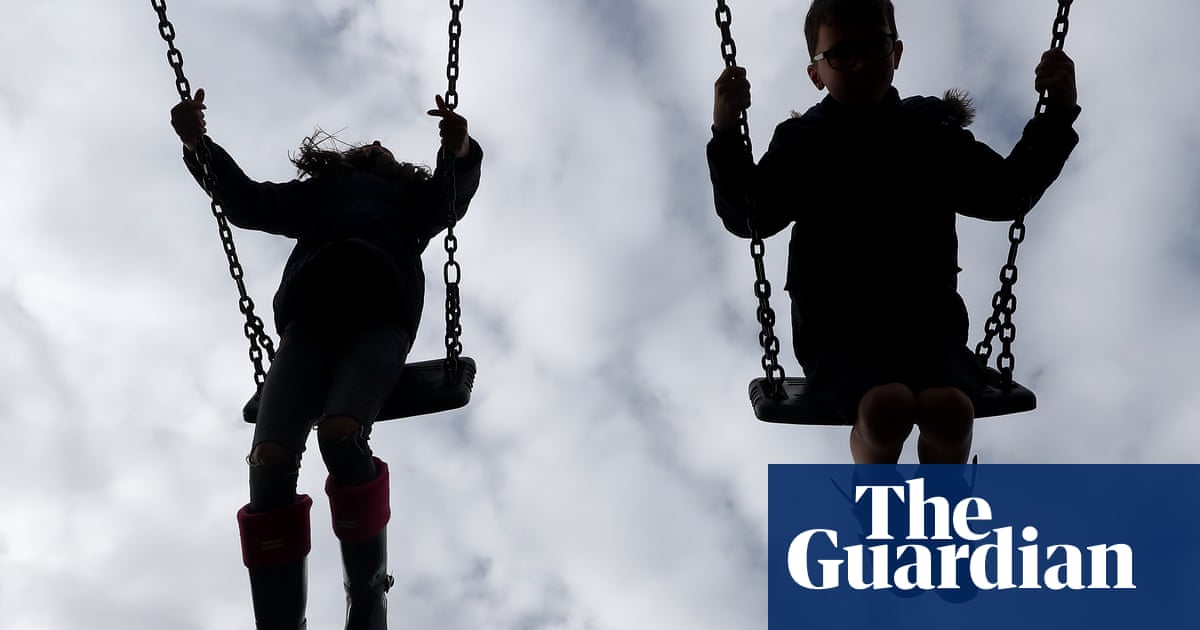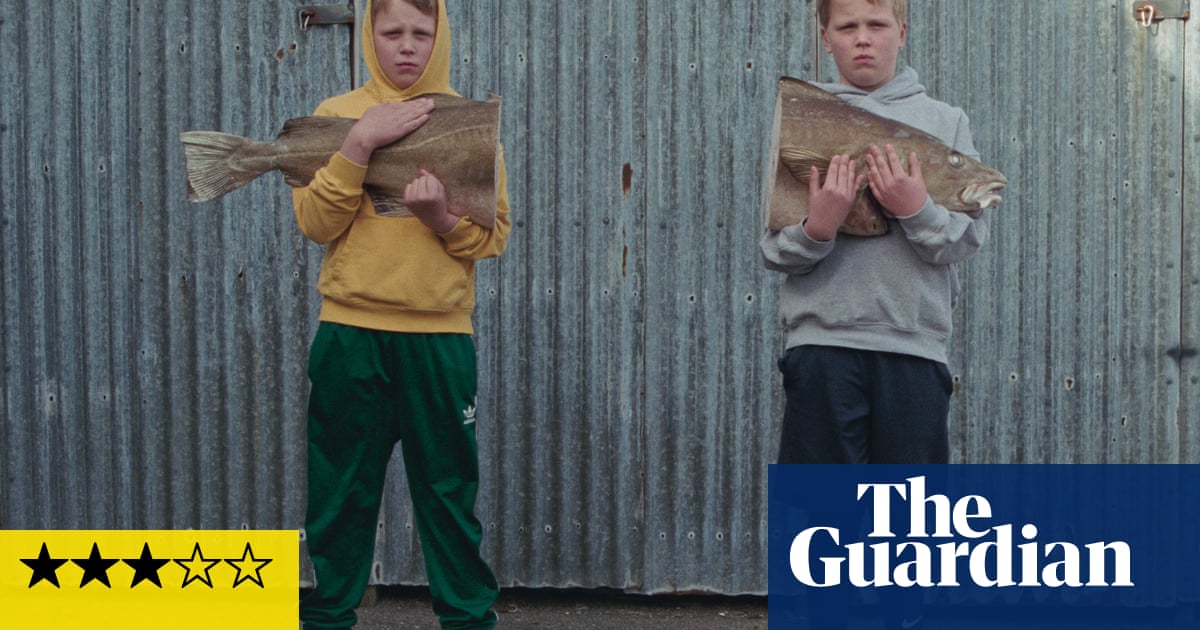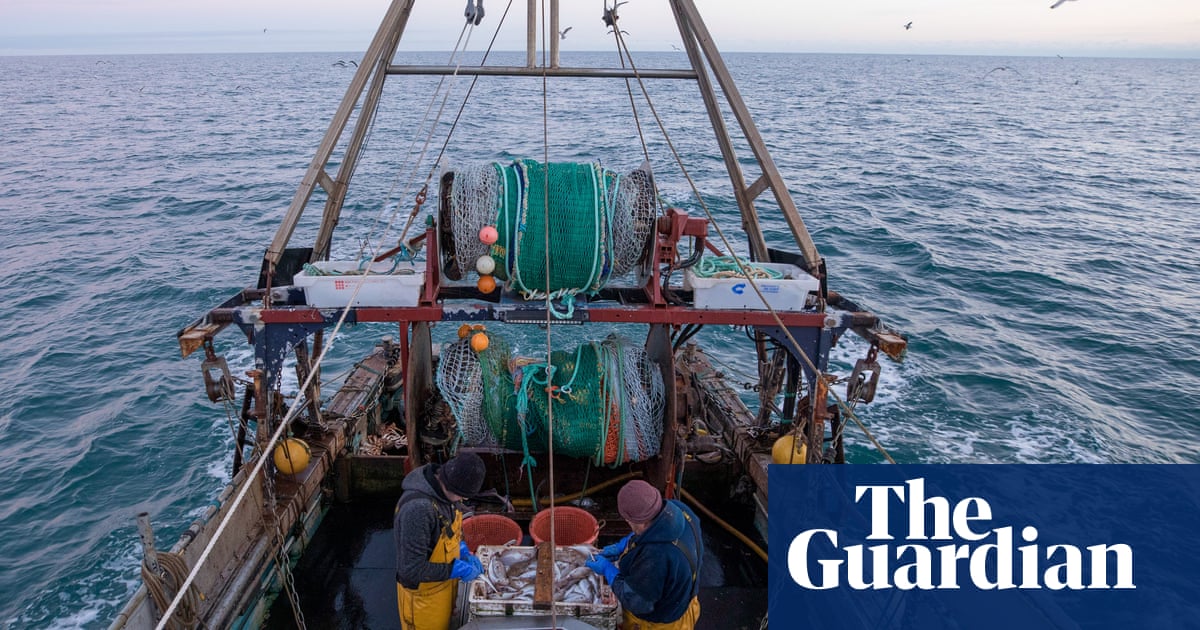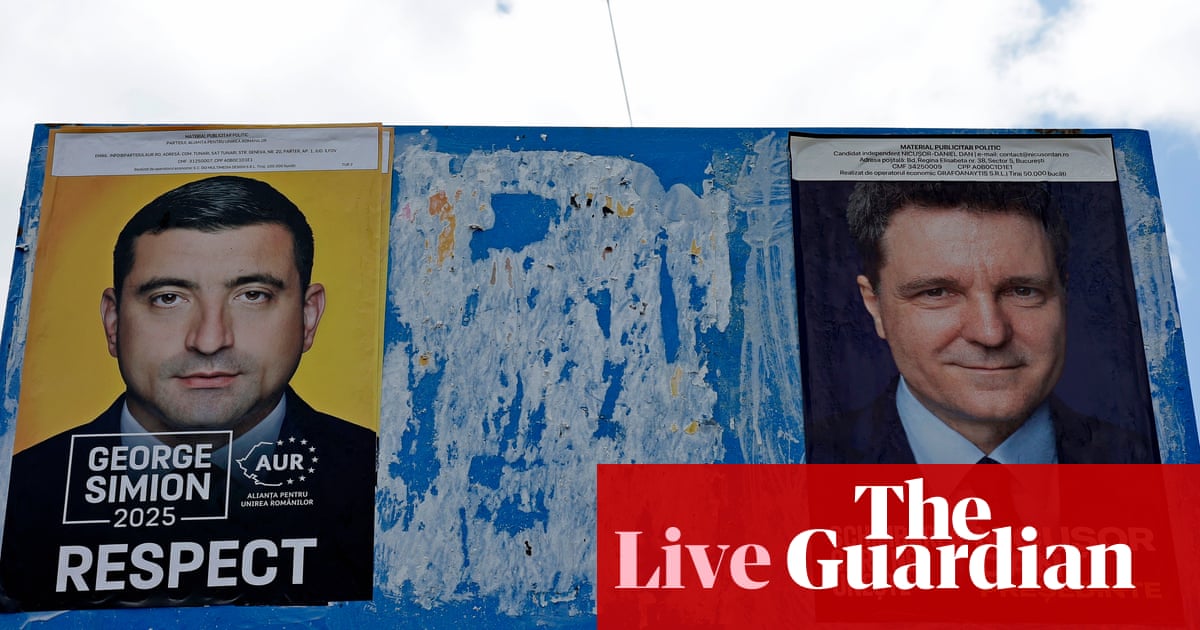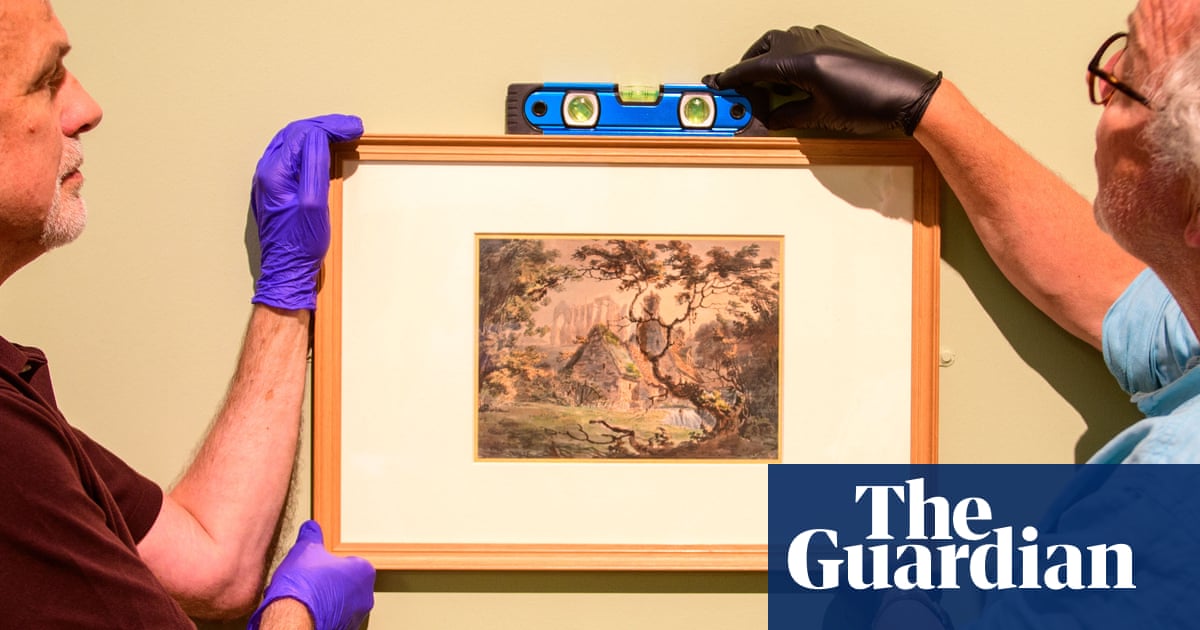The bombing of Pan Am flight 103 on 21 December 1988 was an event so large, so complex and so significant that for a long time it was hard for anyone to take a clear view on it. Many elements remain murky to this day, despite – or perhaps because of – it being an act of terror that was unprecedented in its effect on Britain and the US. The plane exploded over the small town of Lockerbie in Scotland, having taken off from London on its way to New York and Detroit, completing a journey that began in Frankfurt. The hunt for the perpetrators soon focused on the Middle East and north Africa. With half the world demanding answers, the families of the 270 people killed found it difficult to be heard.
The hidden human cost of the post-crash chaos is where The Bombing of Pan Am 103, a six-part fictionalisation, initially tries to find its dramatic impetus: the series argues that the dignity of the victims and the sensitivities of their loved ones were trampled. More care should have been taken to respect the dead, it says. But it struggles to turn this admirable sentiment into drama.
First we have the disaster itself, and the fateful scenes before it of passengers boarding, and Lockerbie residents going about their innocent pre-Christmas business. For shows about infamous atrocities, these introductory passages are always hard. How long do you linger on these people who are doomed? Lead writer Jonathan Lee employs quick vignettes with mixed results. A girl clutching her teddy bear, a beloved toy that we come across later in a charred field, can’t help but feel cheesy, despite its roots in reality; but the Lockerbie boy who survives the destruction of his family home because he is out organising his sister’s big present is a piercing happenstance.
The series does a stout job of portraying the scale and violence of what befell Lockerbie. The force of the blazing debris landing is startling, as is an impressive tableau of a whole street on fire. The sight of luggage scattered on a winding country road, picked out by the weaving headlights of a police car, shows what a horribly macabre scene the early responders encountered.
Among the first police to arrive are DS Ed McCusker (Connor Swindells) of Glasgow CID and senior investigating officer DCS John Orr (Peter Mullan). Before long, McCusker is having to tell FBI man Dick Marquise (Patrick J Adams) to give the shocked people of Lockerbie some time before he charges in to interview them; Orr, meanwhile, is dealing with Americans who assume they are the most important person in any room, and a UK government envoy who smugly tries to assert the authority of Britain over Scotland.
A squabble over jurisdiction hampering the quest for truth is one thing, but the series seems genuinely exercised by the importance of Orr being in charge, in and of itself. “Scottish soil! Scottish evidence! Scottish procedure!” he barks at someone who doubts his authority, in a way that surely isn’t intended to make him seem parochial and pompous, but does.
The drama’s other main focus is the way the bombing brought out the best in compassionate, resourceful people and communities, and here there is no doubt that it has right on its side. Lockerbie locals insisted on staying with bodies that had ended up on their land, not wanting the dead to be left alone; the town’s women volunteered to clean and sort the passengers’ bloodied clothing. Touching gestures of course, but the scenes portraying them don’t have any conflict or stakes – they’re not so much drama as reporting.
And on occasion, the show’s desire to pay service to the victims tips into sentimentality. Lead volunteer Moira Shearer (Phyllis Logan) bemoans what she sees as an unacceptable delay in returning a Bible found among the wreckage to the owner’s loved ones, for which she blames Orr’s skewed priorities; the FBI’s top man Marquise dismisses his wife’s emotional paean to the people lost, then relents when he sees a wrapped gift among the effects of one of the deceased. The message is that the investigators ought to have been more mindful of the victims as individuals who mattered – we might value that attitude now, but was that really the case at the time, for senior investigators tasked with solving the mystery of a major international terror attack? Surely they were right to have their eye on the bigger picture.
The show’s viewpoint should sharpen in the remaining episodes, which build up a picture of new relationships formed and further inspiring kindnesses exchanged. For now, though, this is a drama that knows its subject matter is important, but isn’t sure why.

 3 hours ago
9
3 hours ago
9





